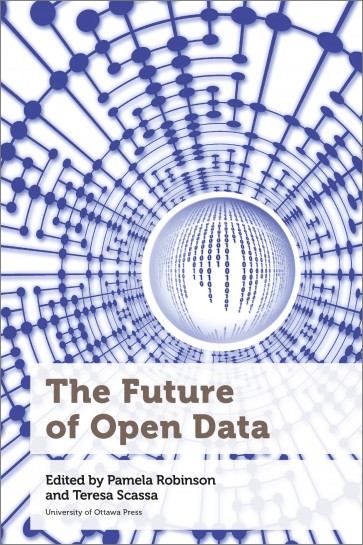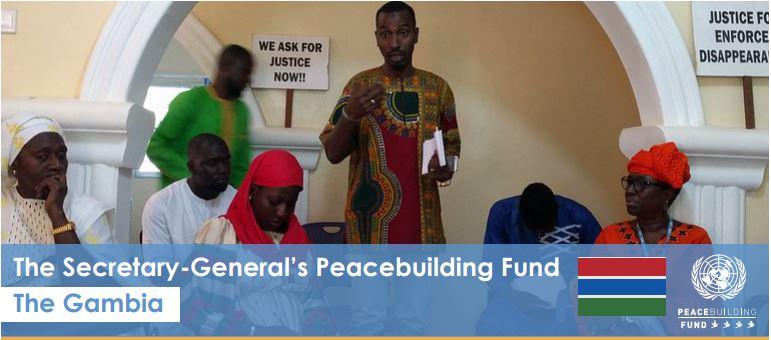
Topics and Regions
Landpages.co.ke is a medium of passing this message.
Details
Public Email
Location
Contributions
Displaying 411 - 420 of 740Data Governance Network
The Data Governance Network is developing a multi-disciplinary community of
researchers tackling India's next policy frontiers: data-enabled policymaking and the
digital economy. At DGN, we work to cultivate and communicate research stemming
from diverse viewpoints on market regulation, information privacy and digital rights.
Our hope is to generate balanced and networked perspectives on data governance —
thereby helping governments make smart policy choices which advance the
empowerment and protection of individuals in today's data-rich environment
Madagascar -Land Tenure and Property Rights Profile
Madagascar is the world’s fourth largest island with a total land area of 581,800 km². The country’s unique wildlife and biodiversity resources have attracted tourists and significant donor investments over the last three decades. In 2003, the Government of Madagascar committed to tripling protected areas and, by 2016, the country’s total coverage of protected areas had increased from 1.6 million to 7.1 million hectares.Madagascar adopted a new approach to protected area management in 2006.
Land certification in Madagascar: formalizing (f)or securing?
Two major innovations have inter alia emerged from the land reform in Madagascar: (i)
decentralised land management through the creation of local land offices, and (ii)
certification, which enables individuals to register private property provided the community
agrees on the legitimacy of the claimed rights.
Despite the political crisis and the withdrawal of international aid during this period (2009 -
2013), new local land offices have been created, and now cover a third of the country’s
Land Degradation and Conflict: Case studies from Sudan, Jordan and Niger
Avoiding, reducing and reversing land degradation is essential for the food security of current and future generations, for the conservation of biodiversity and the achievement of climate targets. In the current context of increased competition over land resources, rising food insecurity, and inequalities, combating land degradation is also necessary to prevent and mitigate conflict and mass displacement, which risk to destabilise countries and entire regions.
Data collection and analysis tools for food security and nutrition:
The report shows the necessity to establish a global legal framework that allows for the circulation of relevant information, while preserving the rights of the people to whom the data ultimately belongs.
The Future of Open Data
The Future of Open Data flows from a multi-year Social Sciences and Humanities Research Council (SSHRC) Partnership Grant project that set out to explore open government geospatial data from an interdisciplinary perspective. Researchers on the grant adopted a critical social science perspective grounded in the imperative that the research should be relevant to government and civil society partners in the field.
University of Ottawa Press
Located in Canada’s national capital, the University of Ottawa Press (UOP) is the publishing arm of one of Canada's top research universities and one of the world's top bilingual universities.
UOP is also North America's only fully bilingual university press and oldest French-language university press. Click here to learn more about UOP commitment to the fait français and to bilingualism.
Peacebuilding -The Gambia
In 2021, the Truth, Reconciliation and Reparations Commission in the Gambia, which enjoys a 90 per cent public approval rating, according to a 2021 survey, completed its three-year mandate. It submitted a 17-volume final report to the President in November 2021, which was made public on 24 December. During its tenure, the Commission held 23 public hearings and received more than 2,500 statements with support from a $4.7 million project implemented by UNDP and OHCHR.
Why The Gambia’s quest for a new constitution came unstuck – and what next
The constitution-drafting process aimed at ushering in The Gambia’s third republic has reached an unfortunate dead-end. More than two years after the process began, and after a highly acrimonious and polarised parliamentary debate, the proposed Constitution Promulgation Bill, 2020 was recently rejected in the national assembly.
México: organización comunitaria, el mejor abrigo para el cuidado de los bosques
Solo ramas y pedazos de troncos tirados en el suelo quedaron donde antes había bosque. Eso fue lo que dejaron los taladores ilegales que, entre 2008 y 2011, entraron a la zona forestal de la comunidad de Cherán, en la región purépecha de Michoacán. En tres años, la devastación alcanzó a cerca de 7133 hectáreas.




